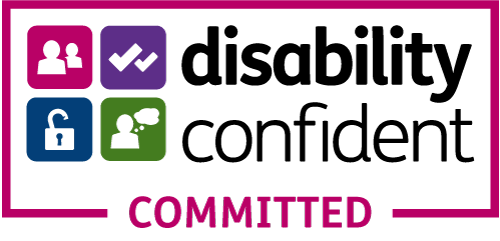Introduction
In the fast-paced, security-sensitive world of healthcare, selecting the appropriate care management system is crucial. A key consideration is the system's security features, particularly regarding user access. We compare two systems: one with a 70-minute timeout feature and another utilising PIN-based access but without a timeout.
Enhanced Security with Timeouts
- Reduced Exposure Window: The 70-minute timeout significantly diminishes the risk of unauthorised access by limiting the time an unattended system is available to potential intruders.
- Automatic Security Measures: This feature adds an automatic layer of protection, reducing the likelihood of human error compromising data security.
- Compliance with Best Practices: Timeouts align with industry standards for data security, crucial in healthcare where sensitive data is regularly handled.
Security Risks with No Timeout
- Constant Accessibility: Without a timeout, a system remains perpetually accessible, increasing the risk of unauthorised access, especially in busy healthcare settings.
- Reliance on Human Action: The effectiveness of a PIN-only system heavily depends on individuals consistently securing the system, which can be challenging in a hectic environment.
- Potential for PIN Compromise: The security offered by PINs can be easily undermined if they are shared, poorly chosen, or written down.
User Experience and Practicality
- Balancing Security and Convenience: A 70-minute timeout offers a compromise, providing ample time for legitimate use without frequent re-authentication, thus balancing security with usability.
- Reduced Workflow Disruption: In clinical settings, where staff are often called away, a reasonable timeout period like 70 minutes minimises disruptions from constant re-authentication.
- Increased User Compliance: Security measures that do not significantly impede workflow are more likely to be adhered to. An automatic security system enhances user compliance and friendliness.
Compliance and Regulatory Perspective
- Adherence to Regulations: Timeouts contribute to compliance with data protection laws such as the GDPR, which mandate technical safeguards for personal data.
- Audit Trails and Accountability: Systems with timeouts create better audit trails by logging user activity after periods of inactivity, enhancing accountability.
Conclusion
The 70-minute timeout feature in care management systems presents a balanced approach to security in healthcare settings. It automatically minimises unauthorised access risks and data breaches while being practical for healthcare professionals. In contrast, a system without timeouts, relying solely on PINs, faces greater security challenges due to its constant availability and dependence on manual security measures.




.jpg)

.jpg)









